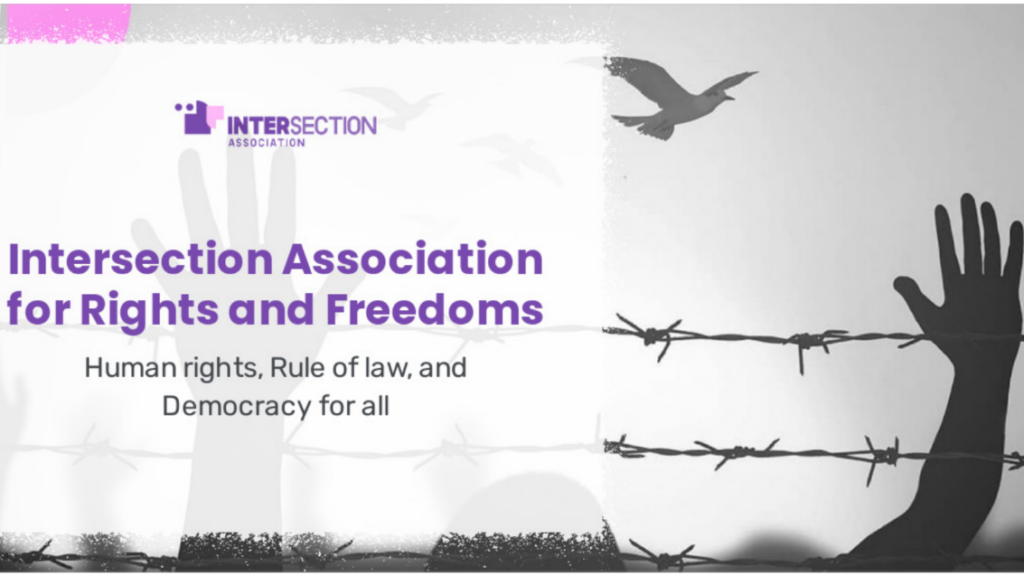
Since the start of 2024, Intersection Association for Rights and Freedoms has documented 5 cases of femicide in different regions of Tunisia in various and brutal ways, including strangulation, slaughter, stabbing, and beating to death. It’s worth noting that Intersection Association observed more than 25 cases of women’s killings last year.
In fact, 6 years have passed since the implementation of the law on violence against women came into force. Yet, women are still being killed due to the authority’s lack of concern, including its ministries and specialized bodies, regarding the risks threatening the lives and safety of victims. In addition, judges sometimes refuse the protection requests submitted by women, despite being guaranteed by Tunisian law and enforced as a duty of the state in Article 58 of 2017. Civil society and feminist movements called out the escalating danger of this scourge in recent years. They expressed their frustration and anger over the government’s negligence and indifference towards the lives of its citizens.
Intersection Association for Rights and Freedoms condemns these heinous crimes that rise to the level of crimes against humanity and expresses its full solidarity with the victims’ families and their children. The association recommends the following:
- Holding the Tunisian state accountable for the loss of these lives in an absurd manner and holding fully responsible for protecting all women throughout the territory of the Republic from these escalating crimes.
- Holding the authority responsible for the absence of official statistical indicators that should be provided systematically by the Observatory for Combating Violence Against Women. It should work on monitoring and disseminating these indicators to all Tunisian women and men to raise awareness and avoid hiding the facts.
- Demanding access to official figures and statistics related to incidents of violence and murders of women and insists on providing them to women’s associations responsible for supporting women victims of violence. This is to facilitate the work of civil society in working to combat violence and femicide.
- Implementing the provisions of Law No. 58 of 2017 at the level of protection and support to those in a position of threat and danger, as well as complying with the provisions of international treaties, charters, and local laws that reject all forms of gender-based discrimination.
- Alarming the setbacks in the gains in the field of human rights, both in their completeness and comprehensiveness, pose a threat to individual freedoms under an authority that shows little concern for these crimes.
- Calling on all components of civil and human rights society to set a clear strategy to confront this scourge and exert further pressure on the executive and judicial authorities through peaceful protests.
- Allocating a sufficient and appropriate budget to provide protection for women in order to combat gender-based violence in all its forms.


